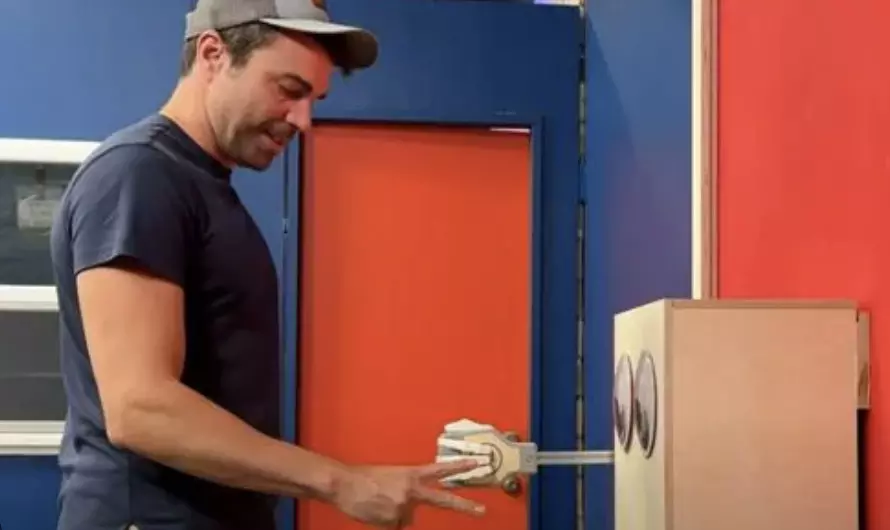Get ₹8.4 lakh if you win at rock-paper-scissors: Viral video offers prize money; but, there is a twist?
Get ₹8.4 lakh if you win at rock-paper-scissors: Viral video offers prize money; but, there is a twist?

Mark Rober, the founder of CrunchLabs and a former NASA engineer, has unveiled a revolutionary rock-paper-scissors robot named 'Rocky'. Equipped with advanced tracking technology, 'Rocky' ensures a 0% chance of losing, making it virtually unbeatable. A viral video showcasing this incredible robot has taken the internet by storm, promising a $10,000 (approximately ₹8.4 lakh) reward to anyone who can defeat it.
In a YouTube post dated November 2, Rober announced the challenge: “$10,000 If You Can Beat My Rock, Paper, Scissors Robot.” The video has already garnered around 2.5 million views and numerous comments within a day. The robot, part of Rober’s series of monthly toys aimed at teaching engineering concepts, is designed to always win the game by predicting the opponent's moves using its high-speed vision system.
Rober explained a strategy that humans can use to improve their chances of winning at rock-paper-scissors, suggesting a pattern of playing rock, paper, and scissors in sequence. However, even with this strategy, defeating 'Rocky' remains an almost impossible feat. The robot tracks hand movements and finger positions, reducing the opponent’s chances of winning to zero.
Despite the challenging odds, many viewers are eager to take on the robot. Comments on the video include questions about the availability of CrunchLabs kits in different countries and suggestions for future projects. One user expressed confidence in beating the robot, while others inquired about the availability of CrunchLabs products in Indonesia and the UK.
This innovation comes nearly nine years after a Japanese laboratory created a robot capable of winning rock-paper-scissors with a 100% success rate. The Janken robot, developed at Tokyo's Ishikawa Watanabe Laboratory, utilized high-speed tracking technologies to recognize and counter human hand movements instantly.
Mark Rober’s latest creation continues to push the boundaries of what is possible with robotics and tracking technology, blending entertainment with education and challenging our understanding of game strategy.

